Role of Fiscal Instruments in Developed Economies:
Fiscal Policy related to government decision-making with respect to-
- Taxation.
- Public Expenditure.
- Government Borrowing.
- Deficit Financing.
Tax policy points out the manner in which funds are withdrawn from the private economy. Expenditure policy points out the flow of funds from the government into the private economy. Government borrowing also relates to the withdrawal of funds from the private economy. Deficit financing results in the creation of new currency or the net addition of currency.
It is, thus, obvious that fiscal policy deals quite directly with matters which immediately influence the consumption and investment expenditures, and hence the income, of the economy. Thus, fiscal policy affects private investment, private saving, and private consumption. It, therefore, has a great deal to say about the growth of the economy, its degree of resource utilization, and the level of price. A sound fiscal policy encourages sustain economic growth and prevents wild swings in either resource utilization or prices.
Thus, Prof. Musgrave pointed out that fiscal policy has the following three objectives:
(1) To secure adjustments in the allocation of resources.
(2) To secure adjustments in the distribution of income and wealth.
(3) To secure economic stabilization.
Thus, fiscal instruments such as taxation, borrowing, public expenditure, and deficit financing should be used to achieve these objectives.
Besides, modern economists, since the publication of Keynes’s General Theory of Employment, Interest, and Money, have given utmost significance to economic stability, income, employment, and economic growth. It is in this context the role of fiscal instruments has been discussed below.
(1) Taxation– Anti-Deflationary Tax Policy and Measures and Anti-Inflationary Tax Policy.
(2) Borrowing.
(3) Deficit Financing.
(4) Public Expenditure.
Comparative Study of Tax and Expenditure Policy:
The discharge of tax and expenditure policies as separate elements was necessary as an informal device. In reality, there can be no consideration of one without the other. The use of fiscal policy as a stabilization device is a matter of getting government surpluses of deficits whichever may be appropriate at the particular time. Surpluses may be obtained by raising taxes or reducing taxes.
But, it is very clearly stated here that although the government balance would be identical in either case, a billion dollar increase in taxes may have a quite different effect than a billion dollar decrease in expenditures. In each case, the effect would be a billion dollar excess of government receipts over expenditures and a withdrawal of that amount from the private economy.
The increase in taxes might extract the indicated amount from those in the economy having a relatively low marginal propensity to consume. If the same amount were withdrawn from the private economy through a curtailment of some government spending programme, i.e., welfare payments, a quite different result might follow. It means stabilization implication of these two approaches would differ widely. The deflationary effect of government surplus would be greater if it was realized by virtue of a contraction in welfare payments rather than an increase in taxes. Similarly, the inflationary effect of government deficit would be greater, if it is created for the expansion of welfare payments rather than decreases in taxes. Since it is not desirable to curtail welfare payments even during inflation, hence welfare payments should not be curtailed to curb inflation or to have more deflationary pressure. It can now safely be concluded that though taxation and expenditure policies be implemented simultaneously, to curb either inflation or deflation, yet it should always be kept in mind that taxation plays a more important role in inflation and public expenditure in depression.

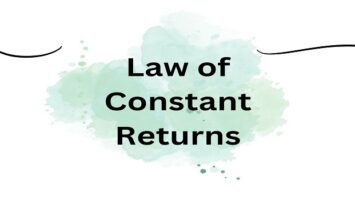

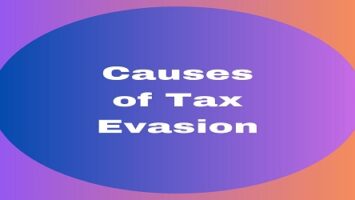

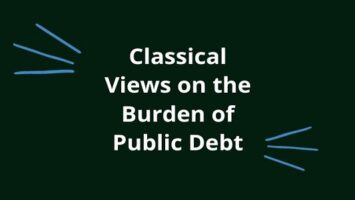
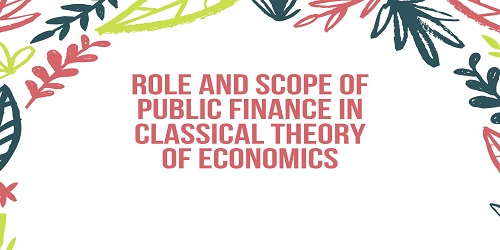

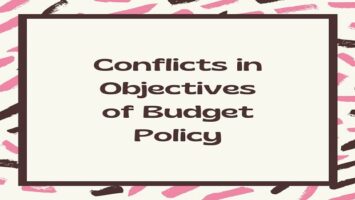
Comments (No)